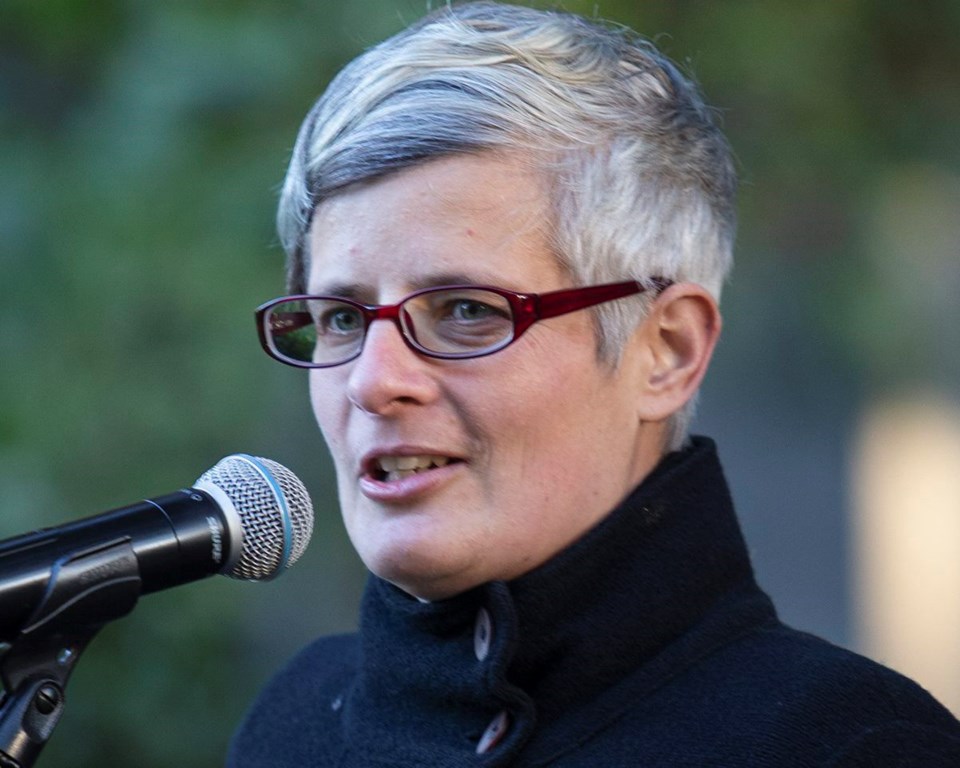A commentary by the mayor of Victoria.
As I’ve been reading the headlines and letters to the editor over the past few weeks, I’ve felt a bit worried about the conversations we’re having about our city. Many ping-pong-table-related debates. And, of course, the endless stream of letters for and against bike lanes.
All these headlines and letters have been swirling around me as I’ve been immersed in reading and workshops on the role of cities and city economies in the 21st century.
I’ve been doing this because I believe everyone in Victoria deserves a good job, a good home and a sustainable community, and that the city has a role to play in making these things happen.
This fall, my office will be leading the development of Victoria’s second economic action plan.
We’re making this plan in order to facilitate an environment in which Victoria is an attractive place to invest and to start and grow a business. We’re doing this because we want high-value jobs for Victorians in a global economy with a rapid pace of change, when automation is on the rise, and where there is ample economic opportunity and job-creation potential in responding to the climate crisis.
In 2015, we created the City’s first economic action plan, “Making Victoria: Unleashing Potential.” Almost all of the actions in that plan have been achieved.
Successes include a decrease in retail vacancies downtown, an increase in the number of net new business licences, a low unemployment rate and the amount of development underway.
Our second plan, “Victoria 3.0,” needs to be even more focussed and more ambitious. We need to use our status as a capital city and position Victoria as a globally relevant and globally fluent small powerhouse. This will help us to create the jobs of the future and an inclusive, sustainable, and high-value economy for the long term.
An ambitious and focussed economic action plan will achieve three key goals at the same time as the city continues to support economic development and job creation in general.
One, we’ll build on the strengths of UVic’s Ocean Networks Canada and all the ocean- and marine-related businesses in our region and create a 22nd-century-oriented ocean science and marine economic cluster. Ocean science and technology is a key space where Victoria is well positioned to lead globally.
Second, we need to learn from other cities that have created “innovation districts” (hubs of cross-sector collaboration, commercialization of new ideas and job creation) and establish one of our own that is global facing, anticipates and solves the problems of the future and creates high-value jobs.
Third, we need to form economic development and innovation partnerships with other relevant small powerhouse cities around the world.
Of course issues such as bike lanes, plazas and ping-pong tables are important and help to create a safe, healthy and sustainable community. But the frame has to be wider than this.
The role of cities in the 21st century has changed fundamentally. Cities are increasingly the primary locus of innovation, prosperity and problem-solving. Cities are the scale at which global problems can be seen and fixed. Victoria can not only learn from the challenges other cities have faced and the innovative solutions they have created, Victoria can also lead.
In their compelling and provocative book, The New Localism: How Cities Can Thrive in the Age of Populism, Bruce Katz and Jeremy Nowak say that cities must invest in place, find global economic relevance, work on inclusion and social cohesion, and develop creative mechanisms to finance the future.
They write that city leaders must “combine substantive knowledge of issues with a keen understanding of the interplay between markets, civics and politics. This,” they say, “is a far cry from the days when cities were seen as the backwater for pothole politicians and second-tier business leaders.”
In a global economy increasingly anchored by cities, I believe Victoria has a role to play in fostering a high-value and inclusive local economy that makes our city strong and sustainable. In order to do so, we must look up and see that there’s more to discuss than ping-pong tables and bike lanes.
We must look out and learn from other cities. And we must look to the future and share a vision of Victoria as a small powerhouse, a future-ready and globally fluent capital city.
My challenge to Victorians is to share ideas that will help this vision come to life.



